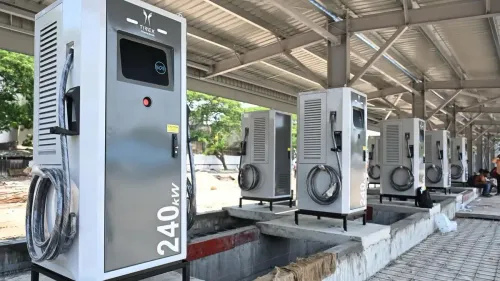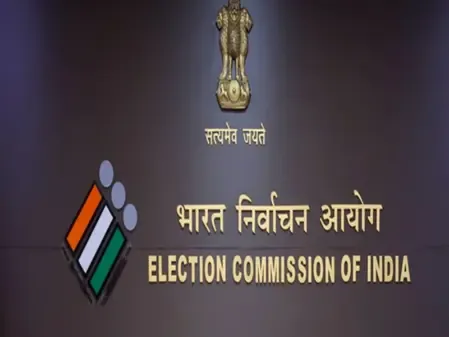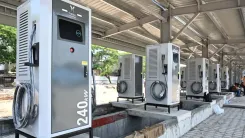Is Bengal Lagging in FDI and New Company Registrations?

Synopsis
Key Takeaways
- West Bengal holds a mere 4.76% of national new company registrations.
- Only $663 million in FDI has been attracted over the past six years.
- 2,227 companies relocated from West Bengal to other states recently.
- Land procurement policies hinder the growth of large industries.
- SEZ policy restrictions discourage investments in the services sector.
Kolkata, July 29 (NationPress) West Bengal is positioned among the least developed states in India, particularly in the realms of new company registrations and foreign direct investment (FDI) attracted in recent years, as per data gathered by two significant Union Ministries.
The Union Ministry of Commerce & Industry and the Union Ministry of Statistics & Programme Implementation have compiled statistics indicating West Bengal's lackluster performance concerning new company registrations over the past three years.
Nationally, approximately 5.25 lakh new companies were registered during this period, with West Bengal contributing a mere 25,008 registrations, amounting to just 4.76 percent of the national total.
States such as Maharashtra, Uttar Pradesh, Karnataka, and Telangana have significantly outperformed West Bengal in this regard.
Moreover, data reveals that 2,227 companies relocated their headquarters or registered offices from West Bengal to other states in the five-year span from 2019 to 2024.
Among these, 39 are listed on the Mumbai Stock Exchange. The Companies Act, 2013, under Section 13(4), permits corporate entities to change their registration locations, often for reasons like operational flexibility, efficient management, reduced administrative costs, and improved infrastructure.
Additionally, statistics reflect West Bengal's dismal status in attracting foreign direct investment.
Over the last six years, from 2019 to 2025, West Bengal ranked ninth among major Indian states in terms of FDI, securing only $663 million, compared to Maharashtra’s impressive sum of $26,204 million, which stands as the highest in India.
Economic and industry analysts have frequently criticized two policies they believe obstruct substantial investments in both manufacturing and services sectors.
The first issue is the state government's land policy that severely restricts intervention in land procurement for industries, posing challenges for large-scale industries needing extensive land, particularly in West Bengal's fragmented land landscape.
The second hurdle is the state government's declared policy of denying Special Economic Zone (SEZ) status to new entrants, which discourages significant investments in services, especially in the IT and ITeS fields.









